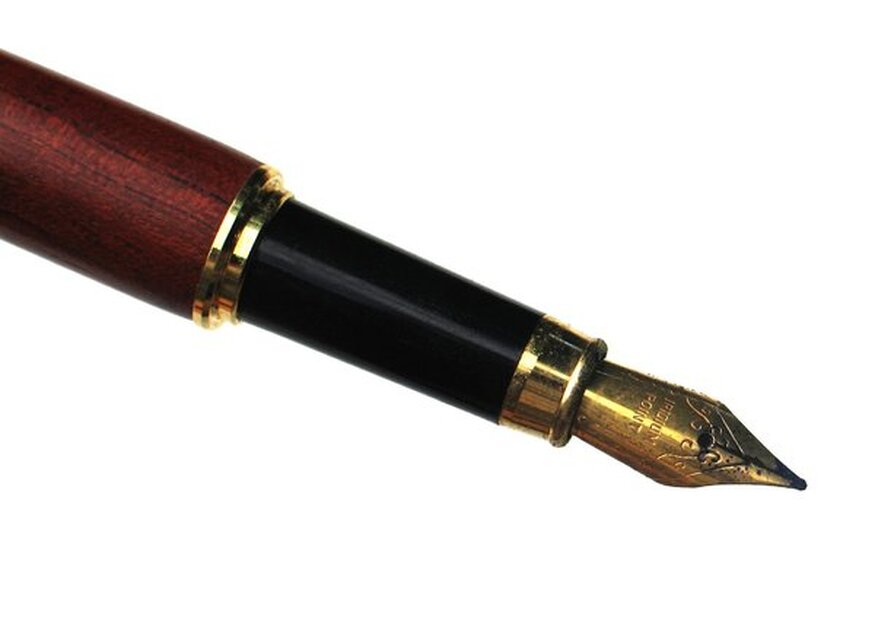
Our Gemara on amud aleph discusses the idea that a judge must use his common sense and logic to determine the truth as best he can, knowing that it is impossible for any mortal to be absolutely certain:
A judge has only what his eyes see as the basis for his ruling. One must rule according to his own understanding.
This idea, however, not only frees a judge from responsibility for matters beyond his perception, but as is often the case when examining verses homiletically, the opposite is also being stated. Namely, that a judge cannot deny what his eyes “see,” even if the evidence technically indicates otherwise. In other words, if his intuition—his inner vision—perceives or feels that something is amiss, he may not ignore it.
Ohr HaChaim (Devarim 1:17 and Vayikra 19:15) sees this concept hinted at in these two verses:
“Hear out your fellow Israelites, and decide justly between one party and the other—be it a fellow Israelite or a stranger.”
“Hear out” here means to listen closely and read between the lines.
“Do not commit wrongdoing in legal decisions.”
This can be read as a directive to avoid supporting wrongdoing, even when rendering a technically correct legal judgment if something feels suspicious.
This is not merely a derash but is also codified in Shulchan Aruch (CM 15:3):
The judge before whom a lawsuit is presented, which he knows to be fraudulent, should not say, 'I will decide it [in accordance with the testimony of the witnesses] and the collar [of responsibility], i.e., the chain of guilt, will hang around the neck of the witnesses.' How should he act? He should investigate and inquire into the matter closely by means of cross-examination and investigation, as in capital cases...
If it appears to him [the judge] according to his understanding that there is fraud involved, or if his common sense directs him not to rely on the statements of the witnesses, even though he cannot disqualify them, or if his judgment inclines him to believe that this litigant is a deceiver and misled the witnesses, though they are eligible and gave their evidence in ignorance of its legal bearing, and this party led them astray; or if it appears to the judge that the general content of the statements conceals other matters that are not being revealed—then, in all such cases and similar ones, the judge is forbidden to render a legal decision. Rather, he should withdraw from the case, and one whose heart and intelligence are perfect for examining such cases should judge it. These are matters entrusted to the heart and intelligence.
This is an important halachic principle in Torah ethics: judges are not merely arbitrators of the law but also guardians of its integrity. They serve as a failsafe, using human judgment and intuition when necessary, even if the letter of the law might suggest a different outcome.
Translations Courtesy of Sefaria, except when, sometimes, I disagree with the translation ![]()
If you liked this, you might enjoy my Relationship Communications Guide. Click on the link above.
Rabbi Simcha Feuerman, Rabbi Simcha Feuerman, LCSW-R, DHL is a psychotherapist who works with high conflict couples and families. He can be reached via email at simchafeuerman@gmail.com
 Previous
Previous

